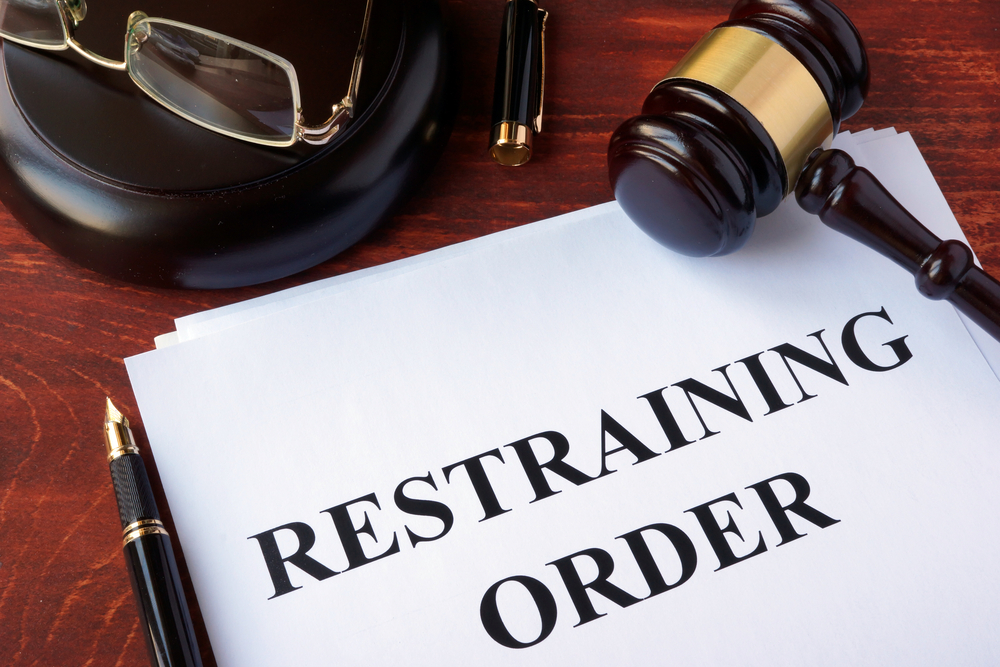When it comes to estate planning, one of the most critical decisions you’ll make is choosing between a living trust and a will. Both tools serve the essential purpose of distributing your assets after your death, but they do so in different ways and offer distinct advantages and disadvantages. Understanding the nuances of each can help you decide which option aligns best with your needs and goals.

What is a Living Trust?
A living trust, also known as a revocable trust, is a legal document created during your lifetime that places your assets into a trust for your benefit while you are alive. After your death, these assets are transferred to your beneficiaries according to your instructions. One of the main benefits of a living trust is that it allows your estate to bypass the probate process, which can be lengthy and costly. Additionally, a living trust can provide privacy since its contents are not made public record. It also offers continuity in managing your affairs if you become incapacitated, as your appointed trustee can step in and manage your assets without court intervention.
Related: “How to Set Up a Trust Fund?”
What is a Will?
A will is a legal document that outlines how you want your assets distributed after your death. It also allows you to name a guardian for your minor children and an executor who will ensure your wishes are carried out. Unlike a living trust, a will must go through probate, a court-supervised process that validates the will and oversees the distribution of your assets. While this process can be time-consuming and potentially expensive, it provides a level of oversight that can be beneficial in preventing fraud or mismanagement. Wills are also generally simpler and less expensive to create than living trusts.

Picking the Best Option
Deciding between a living trust and a will depends on your specific circumstances and goals. If you want to avoid probate, maintain privacy, and have a plan for managing your assets if you become incapacitated, a living trust may be the better option. However, if your estate is straightforward, you have minor children, or you prefer a simpler and less costly solution, a will might be sufficient. It’s also possible to use both documents in your estate plan, utilizing a will to handle certain matters that a living trust cannot, such as naming guardians for minor children.
Related: “The Importance of Estate Planning for Blended Families”
Consult With Us
At Family Law Richard E. Young & Associates, we understand that estate planning can be complex and overwhelming. We’re here to help you navigate these important decisions and create a plan that meets your unique needs. Contact us at (949) 951-9529 or visit our website at richardeyoungattorney.net to schedule a consultation and ensure your assets are protected and your wishes are honored.







